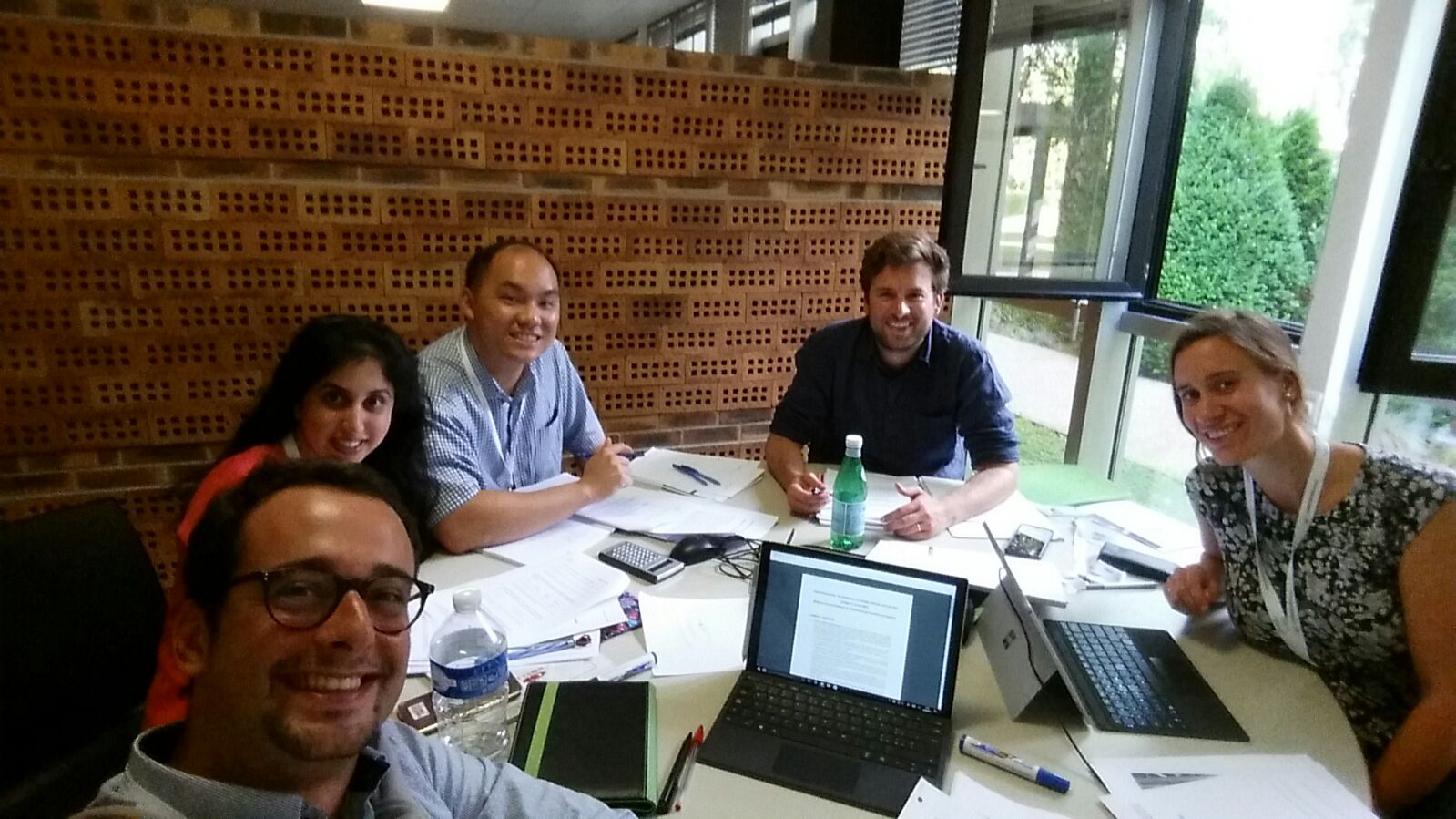
The Business Foundations Programme - Quant Demystified!
As a liberal arts major, I’ve always lived with a massive phobia of numbers. But business is all about numbers – if you can’t understand them, you literally can’t manage a firm. And more pressingly, with the influx of CFAs, CPAs, CAs and Management Consultants on campus, it’s going to be a really tough fight against the curve (yes, you can’t get away from that even in Business School). Fortunately there’s the Business Foundations Programme (also known as BFP) to the rescue!
As the Executive Summary goes:
- Did I benefit from BFP – YES!
- Would I take it again if given the chance – YES!
- Am I still terrified of numbers – Er, Yes. But definitely less than what I felt before I started the programme!
BFP consists of three classes that form the very foundation of the concepts that we are about to face in Period 1 – Finance, Financial Accounting and Quantitative Methods. As with most INSEAD classes, we’re split into groups of five and complete all our assignments together. The assignments are ungraded, but we still put in a lot of work to master the basic concepts.
So what did I take away from BFP?
- I’m not the only “clueless” one on campus.
It’s easy to feel intimidated in a top business school, where the best minds of the world come together. However, BFP has made me realize that I’m not the only “clueless” person who came in without a solid background in finance or accounting. Struggling through logarithmic functions? Never done a T-account journal entry in your life? Chances are, the person sitting next to you, in front of you, or behind you is feeling the same. Those who get it pass on the knowledge in the group work sessions; those who don’t use the time to clarify their doubts. And when we're all stuck, there’s always the odd CFA or CPA walking by, who is happy to stop by our cubicle and help us out.
- I now understand the “Why” behind the “How”.
The professors do an amazing job of breaking down key concepts into plain English, and spend a lot of time going over the rationale behind each concept. Why is it important to discount cash flows? How are logarithmic functions used to forecast demand and supply? How do journal entries translate into line items on the income statement? And how are the concepts we learnt reported on the Financial Times? All this motivation provided a practical aspect to the class and made us hungry for more knowledge.
- You can do a lot when you set your mind to it.
Time is a precious commodity at INSEAD. The 15-minute morning break taught me that I can actually get a lot done if I use my time efficiently – use the restroom, run to the bar for a coffee, e-mail my bank in Singapore, sort my notes for the next class, respond to multiple WhatsApp threads AND thumb through LinkedIn and Facebook just before the next Professor opens his mouth to speak.
Weekends are another even more precious commodity – with the right planning, teamwork and diligence, you actually CAN do anything you want and still be prepared for class on Monday morning.
Here’s a little hint of what I did during my weekend break, and I’ll leave it at that.
- It takes longer to get back into the studying groove than one might think.
One of my fondest memories of BFP was the sheer mental exhaustion that I felt at the end of the first day. Clearly my mind wasn't prepared to process a constant stream of new information outside my comfort zone, and then apply that information in the group assignments. On day two, my mind seemed a little less tired than the day before. And by day three, the entire group had gotten back into full "student mode", which made the classes and assignments fly by really quickly.
- I’ve made 50 new friends (and five close ones)!
‘Nuff said.
BFP Study Group 3: 1 x Italian + 1 x South African + 1 x Singaporean + 1 x French-American + 1 x German-American = A rollicking good time.






